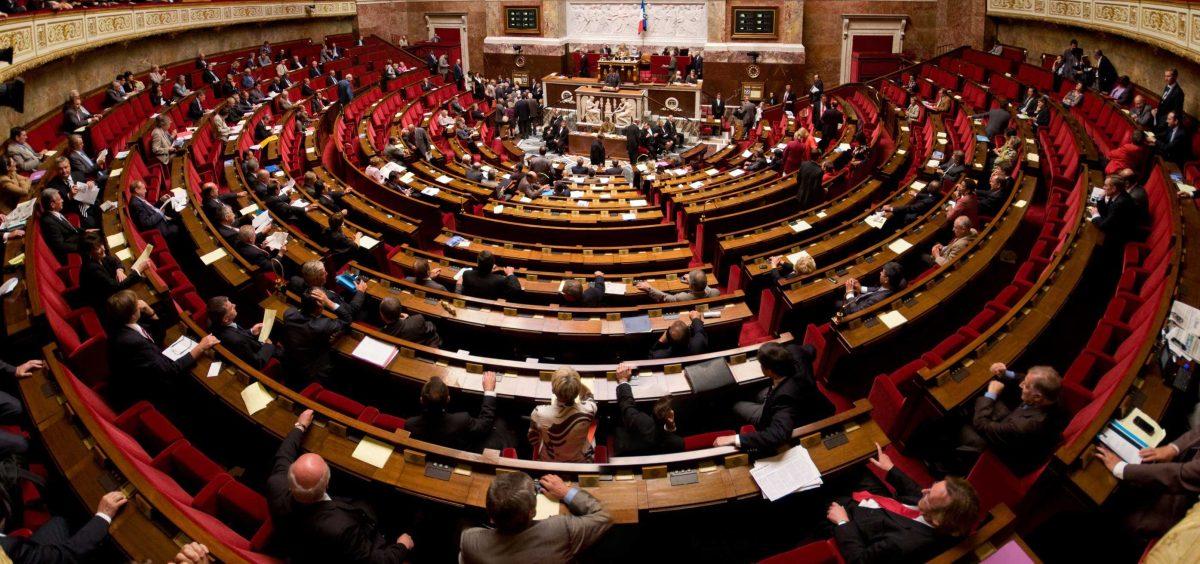Early in 2018, a woman named Marie Laguerre was harassed by a passerby on her way home from work. Security footage captured a man making crude comments to Laguerre near a cafe in Paris and subsequently hitting her. The French government refused to let the incident go unpunished.
Immediately following Laguerre’s public harassment, the French government agreed on a law to prohibit and penalize sexual harassment in public. Offenders are given immediate fines between $105 and $876.
We should applaud France for the attention given to their citizens and their willingness to whip up laws to protect the common man. We should also look at the event through a critical eye. An immediate and passionate response, while good for morale, is not always the best course of action.
The law’s fatal flaw is its vague language. French politician Marlene Schiappa describes the law as prohibiting “verbalisation harcèlement de rue,” which roughly translates to verbal harassment on the streets.
We all know harassment is bad. We do not, however, all agree on a definition for harassment. What makes the difference between a harmless comment and harassment?
Sure, we all think we can tell the difference, but language is never so clear-cut. One man’s trash is another man’s treasure, after all. What may seem fair and friendly to a man may seem like outright harassment to a woman.
Radical leftists have decided to solve the problem of sexual harassment by causing more problems. The infamous social justice warriors love to take matters into their own hands, but continue to lack the competence to accomplish their unclear “goals.”
For reference, we can look to the case of Rudy Pantoja, Jr., whom internet dwellers will recognize as “Hugh Mungus.” Pantoja used the infamous dad joke during a conversation with Black Lives Matter activist Zarna Joshi.
Joshi took great offense to the harmless joke. She recorded Pantoja innocently repeating the joke while she flailed around yelling like a belligerent child. In the video, Joshi claimed the man harassed her, even to the point of claiming rape.
Of course, no one of authority or basic reasoning skills took Joshi seriously. Joshi soon deservedly became a laughing stock on the internet thanks to online entertainers and commentators.
Now, Joshi could easily turn around and accuse such commentators of raping her. Just as before, no one would take her seriously because we have free speech.
According to our values of freedom, we cannot be penalized for words said. Short of yelling “fire” in a movie theater and uttering a credible threat to someone’s well-being, anything goes.
The further we go to prohibit speech, the further our freedoms are sullied. France’s eagerness to protect her citizens is admirable. However, laws like the one France will see in September have the potential to undermine the freedoms both our nations have fought for time and time again.
Hate and oppression are constant evils. Likewise, there is always another way to make the world a better place for everyone, and limiting our free speech is not the way to do it. France and the U.S. both hold freedom in the highest regard, and we must all take as much care to protect and nourish it as we would our citizens.
Kyle Richoux is a 20-year-old sociology junior from LaPlace, Louisiana.








